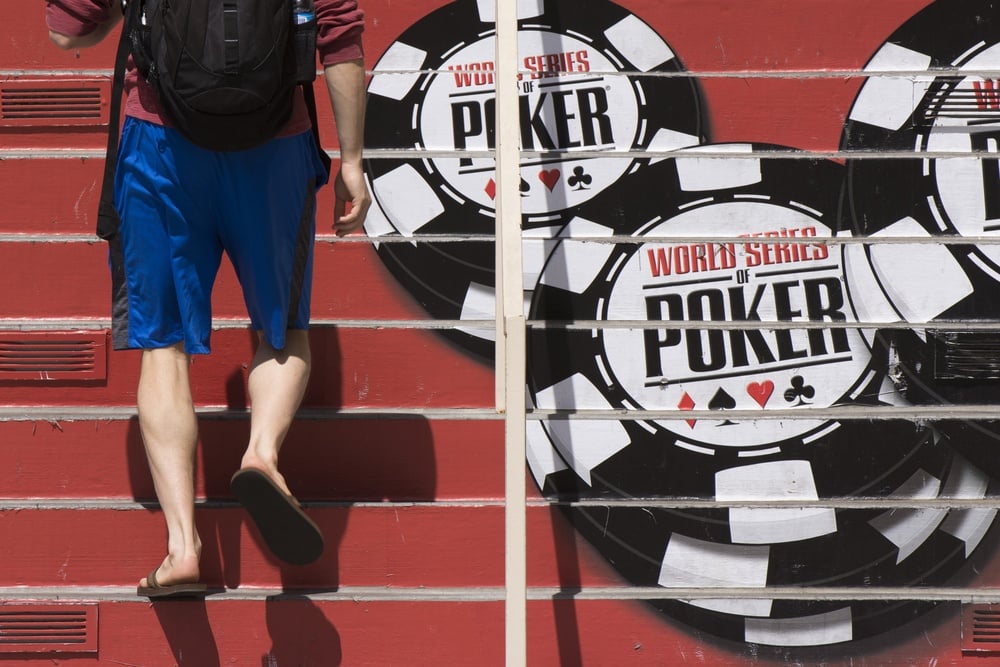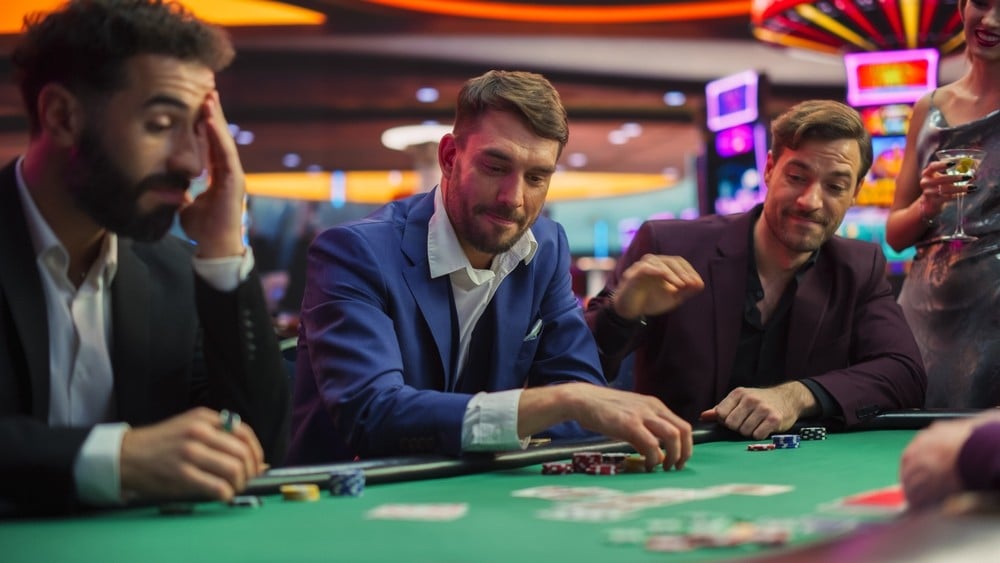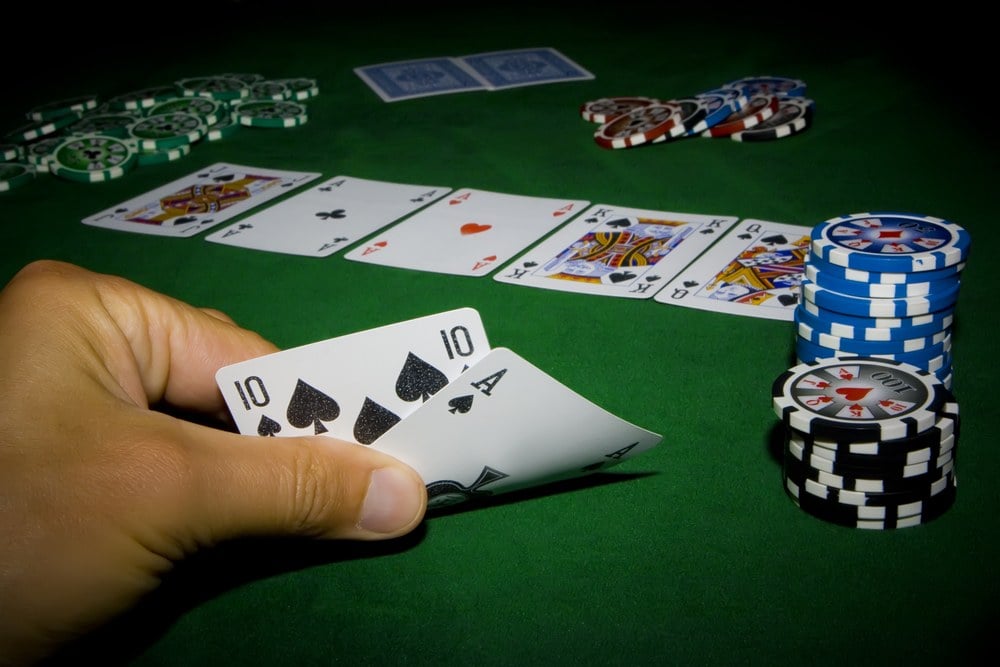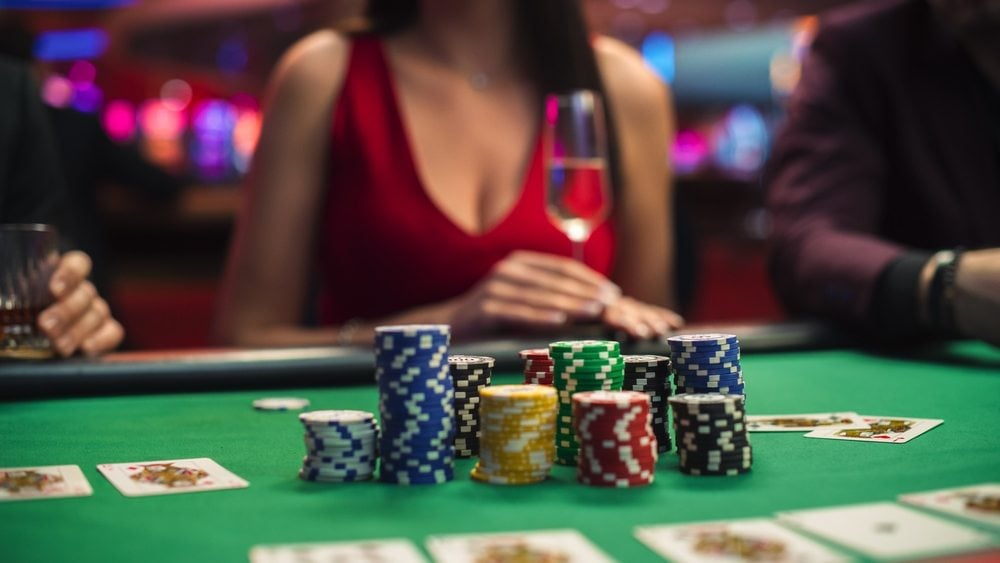Essential Psychological Strategies for First-Time Poker Tournament Players
If you're gearing up for your first poker tournament-whether in a bustling casino or via an online platform-you’re likely experiencing a whirlwind of emotions. Excitement, anticipation, and self-doubt often go hand in hand with the challenge ahead. While understanding the mechanics and having a solid strategy is crucial, mastering your mindset and emotions can give you a unique competitive edge.
The true test at the tournament table often centers on mental resilience. High-pressure decisions, emotional swings, and the unpredictability of tournament play challenge both newcomers and seasoned poker players alike. However, by actively honing your psychological approach, you can turn those pressures into opportunities for improved focus and performance. Below are foundational strategies to help you prepare mentally and emotionally for success.

Critical Mental Tips for Tournament Poker Success
Navigating a poker tournament for the first time is as much about psychological readiness as it is about understanding game rules. Consider incorporating these essential mental strategies into your preparation:
- Regulate Your Emotions: Staying calm, especially in tense or high-stakes moments, allows for more rational and better-calibrated decisions.
- Be Mindful: Staying present helps you observe your table, notice opponents' behaviors, and respond effectively to evolving dynamics.
- Set Achievable Goals: Focus on actionable objectives like improving your hand analysis or managing nerves, rather than simply winning.
- Reframe Negativity: Shift unhelpful thoughts toward constructive learning. Adopt a mindset that values growth, regardless of outcomes.
- Manage Anxiety Proactively: Recognize physical or mental signs of stress. Use relaxation techniques like deep breathing to regain composure and maintain your focus.
Laying the Groundwork: Effective Tournament Preparation
Comprehensive preparation is a hallmark of successful tournament poker, yet many beginners overlook the mental aspect. Cultivating the right frame of mind and an effective pre-game routine can dramatically boost your confidence and readiness.
Adopting a Productive Mindset for Tournament Play
Your approach to a tournament sets the foundation for your entire experience. Rather than viewing it solely as a win-or-lose proposition, reframe the tournament as an avenue for personal and skill growth. Here’s how to foster a performance-ready mindset:
- Welcome the Challenge: Treat the tournament as an opportunity to push your limits and develop as a player, not as a must-win scenario.
- Visualization: Regularly imagine yourself playing confidently and calmly under all circumstances. Visualization primes your brain for the scenarios ahead and reduces anxiety.
- Practice Positive Inner Dialogue: Replace thoughts like "I'm not good enough" with affirmations such as "I'm capable of smart decisions." This simple shift can reinforce self-belief and focus.
Setting Realistic and Controllable Goals
Going into your first tournament focused solely on winning sets you up for frustration. Instead, prioritize goals you can directly control, such as:
- Staying disciplined in decision-making.
- Monitoring and adjusting your play based on table dynamics.
- Remaining focused regardless of hand quality or external distractions.
Understanding variance-the role luck plays even for the most skilled-can also keep your mindset healthy when bad beats happen. Accepting these swings reduces disappointment and keeps your spirits up.

Crafting Your Personal Pre-Tournament Routine
Building a routine before the tournament starts can help manage nerves and set a positive tone. Effective routines often include:
- Mental Centering: Spend a few minutes in meditation or deep breathing before you play to anchor your focus and calm pre-game jitters.
- Balanced Nutrition and Hydration: Choose meals that provide steady energy-protein, healthy fats, and complex carbs. Avoid high-caffeine drinks that may heighten anxiety.
- Organized Setup: Pack water, snacks, and comfort items. Arriving or logging in early lets you acclimate and reduce last-minute stressors.
Being methodically prepared, both physically and mentally, positions you for a positive tournament experience.
Staying Calm and In Control: Managing Tournament Nerves
Feeling nervous-physically (sweaty palms, pounding heart), mentally (racing thoughts, difficulty concentrating), or emotionally (self-doubt, anxiety)-is normal in competitive poker. Recognizing your triggers early allows you to intervene before nerves take over.

Quick Techniques for Reducing Stress at the Table
If anxiety strikes, there are several rapid methods to regain composure:
- 6-2-7 Breathing: Inhale for 6 counts, hold for 2, exhale for 7. Repeat 3-4 times to slow your heartbeat and clear mental fog.
- Box Breathing: Breathe in, hold, exhale, and hold again for 4 counts each. Repeat until a sense of calm returns.
Reframing Negative Thoughts Into Constructive Motivation
Recognize negative self-talk ("I'm going to fail," "Everyone is better than me") and consciously challenge these thoughts. Instead, affirm a learning-focused approach ("I'm here to play my best and improve"). Personal mantras like "I'm prepared and adaptable" can reinforce this mindset whenever doubts arise.
Maintaining Endurance and Focus Throughout Long Tournaments
Sustained attention is a key challenge-and potential advantage-in tournament poker. Avoiding mental fatigue and boredom is essential, especially during periods when you're not playing many hands. Try these techniques:
- Break Down Goals: Divide the tournament into segments and set mini-goals for each (e.g., focusing intently for one level at a time).
- Active Table Observation: Even when not in a hand, monitor others’ betting patterns, table presence, and potential tells.
- Routine Self-Check-Ins: Every 15-20 minutes, assess your focus and adjust as needed.
- Prioritize Process Over Immediate Outcomes: Concentrate on making the best decisions based on the information available, rather than obsessing about results of individual hands.

Even with these strategies, expect occasional lapses or fatigue during long sessions. Recognize when your focus wanes and use your routines or breaks to reset.
Understanding and Preventing Tilt: Emotional Agitation in Poker
Experiencing "tilt"-a state where emotions cloud your judgment after setbacks-is common at all levels of tournament play. Types of tilt include:
- Revenge tilt: Trying to recoup losses with reckless bets.
- Entitlement tilt: Feeling you’re owed a win because of past good play.
- Frustration tilt: Letting repeated bad beats shake your confidence.
Each player’s tilt triggers are unique, but awareness is crucial. Monitor your emotions frequently and be honest about your state of mind. Labeling emotions ("I'm feeling frustrated because I lost a big hand") can lessen their intensity and restore your focus.

When tilt starts to build:
- Take a physical or mental break-step outside, walk around, or stretch.
- Use a personal trigger-a word, phrase, or gesture-to remind yourself to breathe and mentally reset ("reset" or squeezing a stress ball, for instance).
Building Your Psychological Edge in Poker Tournaments
Facing your first poker tournament can be both exhilarating and daunting. By developing a strong psychological foundation-through preparation, focus, and emotional control-you set yourself up for greater performance and enjoyment.
Remember, poker isn’t solely about playing the cards in front of you; it’s also about managing the mind you bring to the table. Consistently sharpening your mental game will foster not just improved tournament results, but deeper satisfaction in your journey as a poker player.













